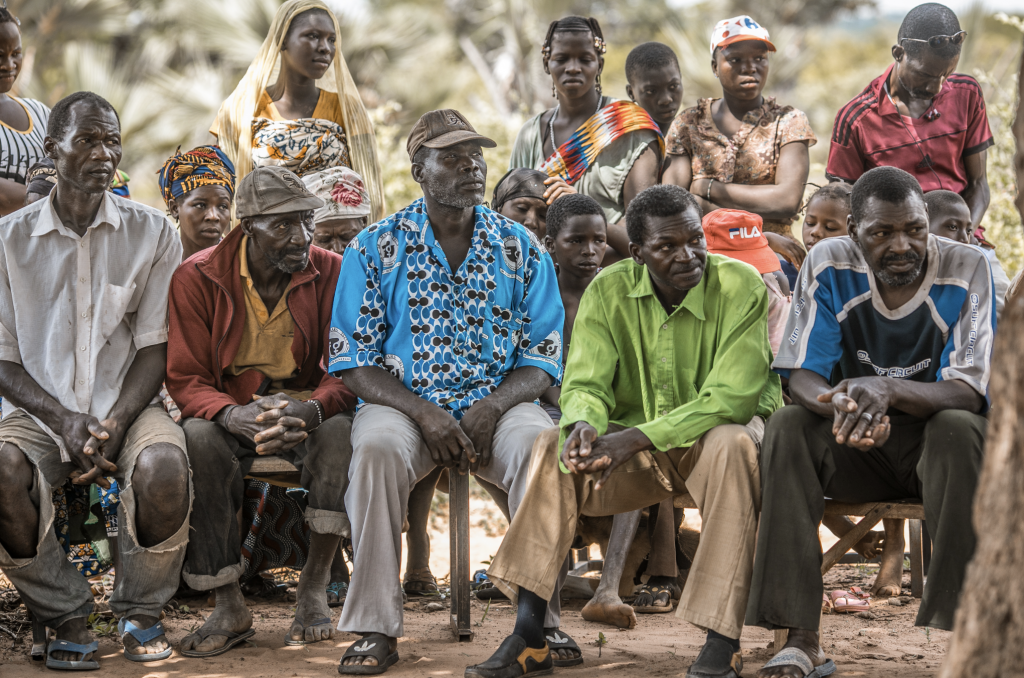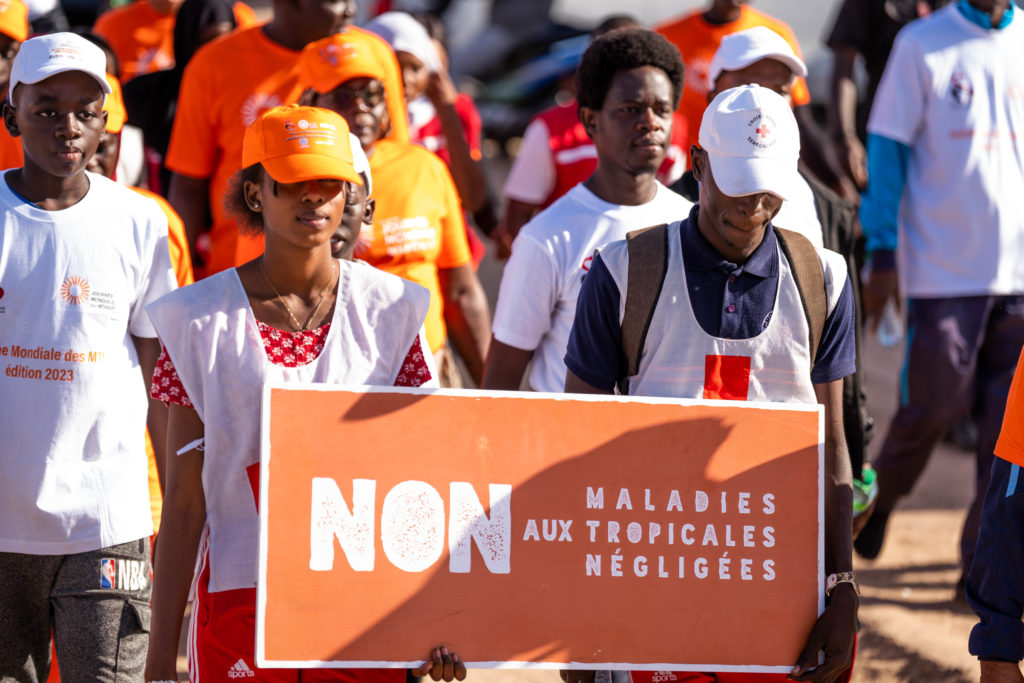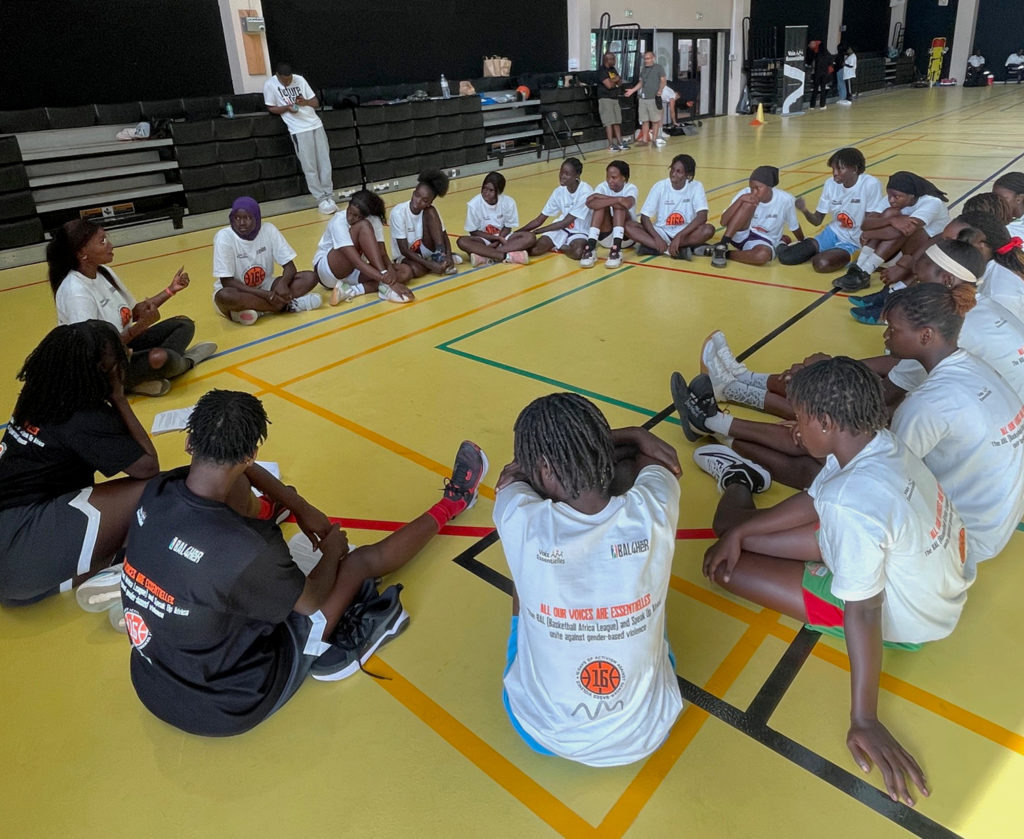Why sharing learnings can help progress the sanitation agenda across Africa

Last week I had the pleasure of travelling to the Bobo-Dioulasso sanitation facility in Burkina Faso, to meet with a group of delegates from Senegal Côte d’Ivoire and Benin who came to see what they can learn from the local sanitation practices.
I found it incredibly encouraging to see this collaboration from the three countries. Delegates including the mayor of Yamaoussoukro in Côte d’Ivoire learnt crucial lessons and best practice approaches when it comes to sanitation, including finding out about WaterAid Burkina Faso’s innovative approach known as Leader-Led Total Sanitation (LLTS).
For those who are new to the term LLTS, this is an approach designed to support community leaders with helping the general public to have access to adequate toilets. When it comes to solutions to sanitation challenges, there is no one size fits all policy. Local authorities must therefore ensure they gain a strong understanding of the local challenges and opportunities to find the best solutions for their own communities.
In Côte d’Ivoire, 35% of people living in rural areas do not have access to safe drinking water. Likewise, whilst it is true that Senegal has some of the most developed water supply and sanitation infrastructure in Sub-Saharan Africa, there is still a lot of room for improvement. Uneven access to sanitation services in urban and rural areas remains a fundamental challenge for these countries and important steps must be taken to readdress this balance. Looking at the entire continent, the truth is that today 1 in 3 people still live without adequate sanitation facilities in Africa, with this number rising to 75% in the West African region.
Crucially, this trip highlighted the importance and power of sharing our learnings. If we work together and support each other by sharing best practice and examples of innovation, we will only speed up progress. Ultimately, it is in all our interests to ensure that the problem of sanitation is resolved.
It cannot be denied that inadequate facilities place a huge strain on health services and economic development across Africa, resulting in sickness, lower productivity and a lack of investment. It is unacceptable that, across the continent, more than 315,000 children die from diarrhoeal diseases each year due to unsafe water and poor sanitation.
This visit allowed the delegations present to learn from Burkina’s experiences and to define approach that will be implemented in Senegal and Côte d’Ivoire in line with the local context. This trip was also an opportunity to sensitize journalists on the role they must play, especially to encourage decision-makers to respect their commitments.
I am hopeful that all the delegates who toured the sanitation facility last week found their visit insightful, beneficial, and of crucial importance. Now, they I hope that they take their learnings back to their own countries and consider how they can be adapted and used in their own local areas to benefit those who live there.
Whilst the UN Sustainable Development Goal of ensuring access to clean water and sanitation for all by 2030 is ambitious, collaborative trips like these will only accelerate progress and ensure that innovative solutions are shared around the continent.
By Yaye Sophietou Diop, Advocacy Manager at Speak Up Africa


